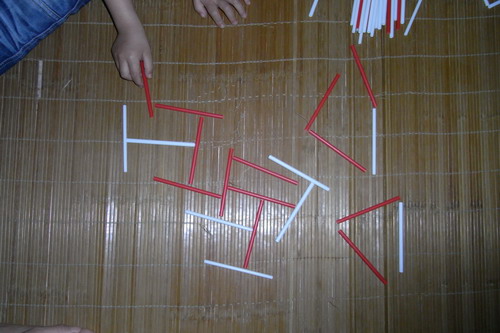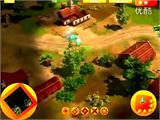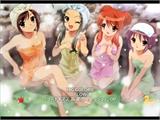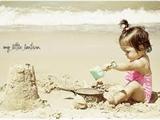Stick puzzle games cultivate children's divergent thinking ability - Children启蒙 - Hexun Blog
The stick-puzzle game cultivates children's divergent thinking ability, allowing them to use small sticks to form triangles, squares, trapezoids, and various patterns such as houses, tables, and chairs. It fosters a child’s ability to think creatively with one object in multiple ways. Cultivating a child's divergent thinking from an early age helps them learn and apply knowledge better when they grow up, enhancing their problem-solving abilities.
For toddlers aged two to three, parents can create some objects using small sticks for the child to see and then let the child play with the sticks themselves. It is important to note that since the child is too young to have self-safety awareness, parents need to supervise during the game.
For children older than three, parents can try teaching them to construct simple objects first, and then gradually increase the difficulty once they become proficient.
Divergent thinking, also known as diffusion thinking, radiative thinking, or unconventional thinking, refers to exploring problems from multiple angles and finding diverse solutions. The characteristics of divergent thinking include fully utilizing one's imagination, breaking through the original circle of knowledge, expanding thoughts from one point in all directions, and through the recombination of knowledge and concepts, seeking newer and more assumptions, answers, or methods.
Children under the age of three do not yet possess deep-thinking capabilities. During this stage, the focus is mainly on coordinating the child's movements to lay the foundation for future cognitive development. Parents can create a relaxed, interesting, and pleasant game environment for the child, stimulating their interest in thinking, and encouraging them to operate things by themselves as much as possible, keeping the child in a state of active participation. This helps to foster habits of divergent thinking while having fun.
The stick-puzzle game uses small sticks for children to make all kinds of small things with their hands. As the child experiences success, they will be more actively creative, thereby cultivating their divergent thinking ability.




